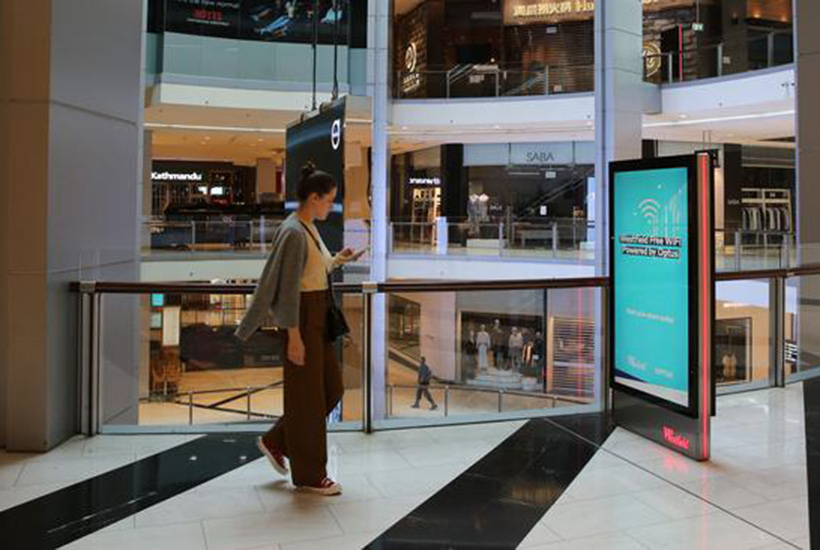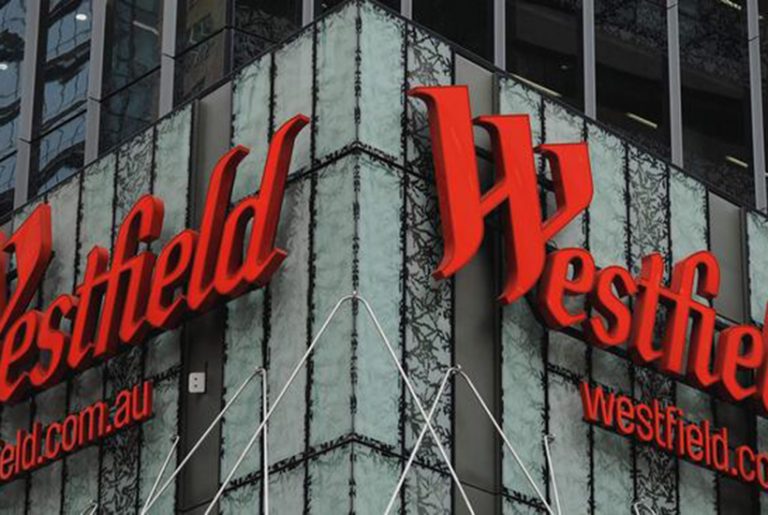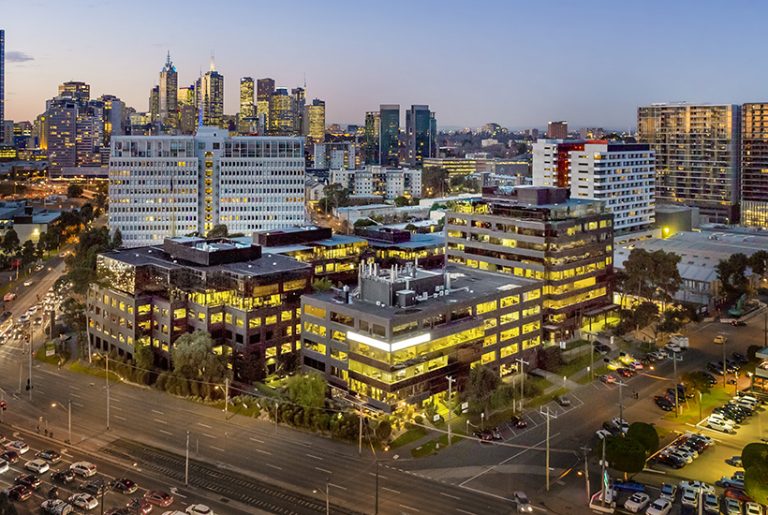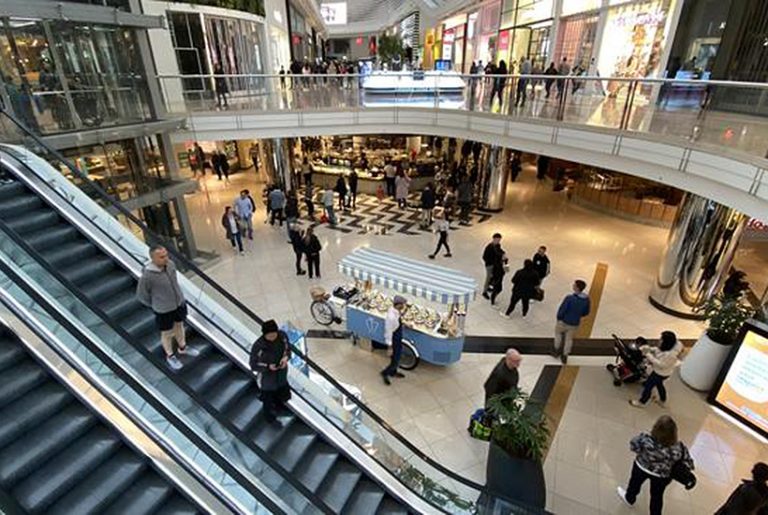Hostilities continue in coronavirus retail showdown

The normally subterranean battle between shopping centre owners and hard-pressed tenants burst into ugly view this week, with much more at stake than the usual tough talk between business rivals.
While the former big-name landlords the Lowy family are no longer on the scene, hostilities have broken out in the famed Westfield malls they built up, and veteran retailer Solomon Lew has locked in his status as the property industry’s bete noire in a separate dispute.
After months of goading by recalcitrant national chains that are refusing to pay rent on the basis that the coronavirus pandemic has crimped trading, the country’s largest shopping centre owner struck back.
Scentre, owner of the local Westfield empire, locked Mosaic Brands out of 129 stores in a sudden strike beginning on Tuesday night. By Thursday, the stores had been boarded up with their stock remaining inside, in the first shot in a conflict over who will call the shots in the post-coronavirus world.
Scentre, led by Peter Allen, is not talking. But retailers are taking the dispute seriously because it could help to determine who survives in the increasingly tough landscape.
Mosaic shares plunged on Friday, but the landlord cannot back down as it works feverishly to keep up rental collections in the face of retailers refusing to pay or seeking to cut more favourable turnover deals. If it concedes too much shopping centre values would collapse, accelerating the 30 per cent peak to trough falls predicted by investment bank JPMorgan. Those in the retail trenches heard Scentre’s message loud and clear.
LeaseWise managing director Ange Kondos says the Westfield operator was acting strategically in deciding which brands were worth saving and those that were not.
He suggested Mosaic could play the role of “sacrificial lamb”, and the landlord “thought they’d send a message to Mr Lew and everyone else by euthanising them now”.
Mr Lew’s Premier Investments has refused to pay rents while its stores were closed during the pandemic and is certainly not backing down on landlord threats. In a fractious week, it closed down a Smiggles shop in a Melbourne mall co-owned by Salta Properties after managing director Sam Tarascio criticised the company for receiving JobKeeper while trading profitably and not paying rent.
Westfield owner Scentre must tread carefully.
“It’s a commercial, strategic, calculated decision to send a message,” Mr Kondos said, but he cautioned it could damage Scentre’s brand.
“There’s better ways to do it,” he said. “It’s just purely designed to send a message to everyone else who wants to play hardball with them.”
But it may not work on a large scale. “There are another hundred or so other retailers behind Mosaic in similar situations,” he said. “What are they going to do, put everyone to sleep?”
The two largest landlords, Scentre and Vicinity, had been hardest to deal with, although Scentre had become more reasonable in recent weeks, he added.
“There are signs that there might be an outbreak of reasonableness. This was done to send the ripple effects for the industry and it’s clear that they’re succeeding at the moment,” he said.
Savills Australia director, retail services, Leighton Hunziker advises major retailers and also predicts rents will fall. “It is inevitable that there will be a structural reset in the rent to sales equilibrium in the short to medium term, both in quantum and composition,” he said.
The leasing expert pointed to the industry consensus that the coronavirus crisis had simply brought a decade of change in just months. “Fixed rental growth that has exceeded margin growth over a sustained period has taken many retailers to the edge, and COVID-19 is pushing them over. Fixed rents must certainly fall to meet the new reality because there aren’t enough new lemmings willing to step up to the cliff edge,” Mr Hunziker said.
The tough environment is also putting retailers’ longer-term sustainability to the test. “While there are some notable retailers doing well at present, there are vast numbers of retailers whose present solvency is wholly sustained by JobKeeper and rental assistance,” he said.
Mr Hunziker warned that when the schemes taper off, unless sales get back to prior levels, retailers would become insolvent. “If landlords insist on prior rent being paid, vacancy will eventuate, and that is like a cancer in malls, with manifold jobs being lost,” he said.
The unspoken corollary of these shifts is big trouble for landlords if too many retailers go broke, as vacancy will start to bite. But there is inertia, even inside big landlords, as many jobs depend on collecting the rent rather than preparing for the coming industry reset.
Scentre’s tough line, naturally, has support from property investors, with Michael Doble, CIO of Real Estate Securities at APN Property, ringing to congratulate chief executive Peter Allen on Friday.
“It’s about time that decisive, clear action was taken with tenants who are just gaming the system,” he said. “It just doesn’t smell right.”
Mr Doble called out the Morrison code as prompting industry-wide problems and is urging a rethink by tenants withholding rent. “I think tenants will realise they need the landlord as much as they ever had,” he said.
He echoes concerns that the traditional economics of property investment would break down if landlord returns are too closely linked to business performance.
This has prompted warnings property investors would not provide capital and opportunities for tenants may dry up as centres deteriorate.
He portrays landlords as victims and says more could fight back. “We know who the aggressor is here,” Mr Doble said. “I can’t help but think that others are going to follow.”
The skirmishes are just the opening shots of a longer war with billions of dollars at stake, and landlords appear to have more in store for tenants as they seek to convince nervous investors they can weather the recession.
Like much of corporate Australia, moves made in Canberra could prove decisive. Property leaders this week warned extending the Morrison government’s leasing code for tenants until the end of March could blow out the scheme’s cost to about $15bn.
With retailers pushing the scheme warning of more store closures unless they can access further rent relief and job support packages are extended, an impending cabinet decision could determine what shopping centres look like for years to come.
This article originally appeared on www.theaustralian.com.au/property.







